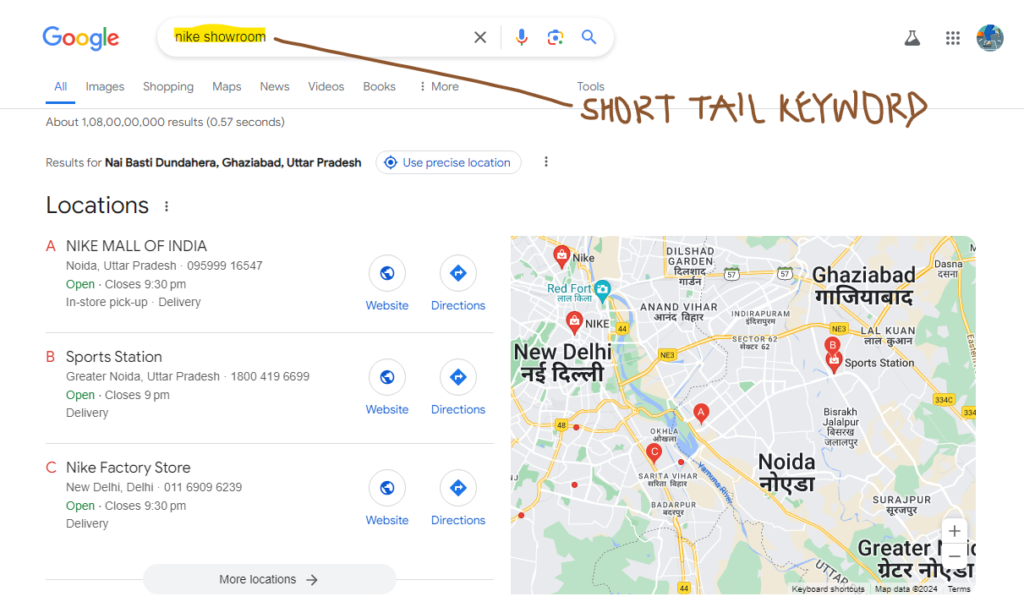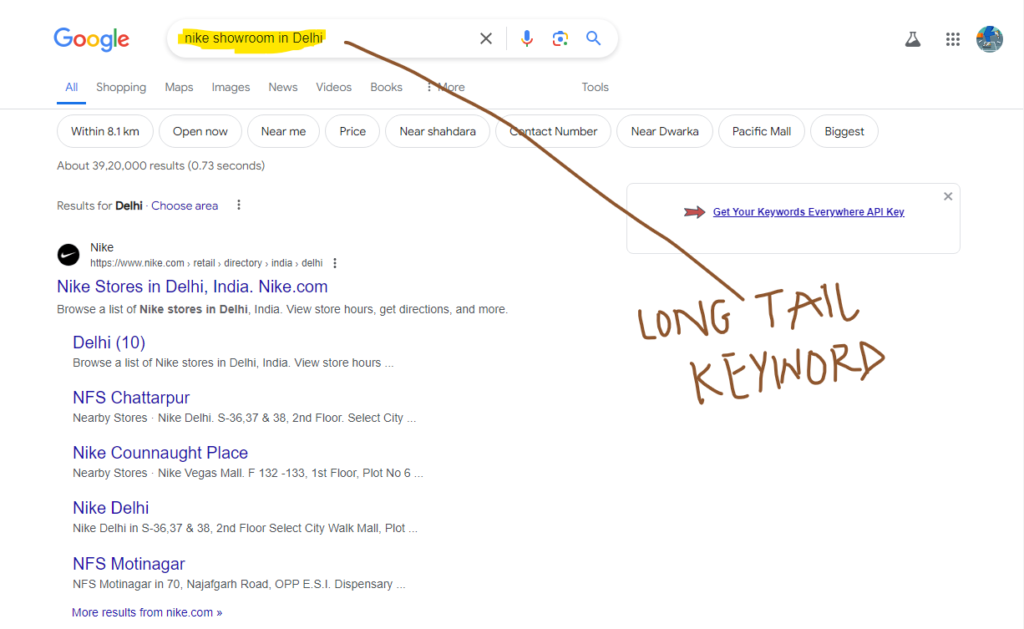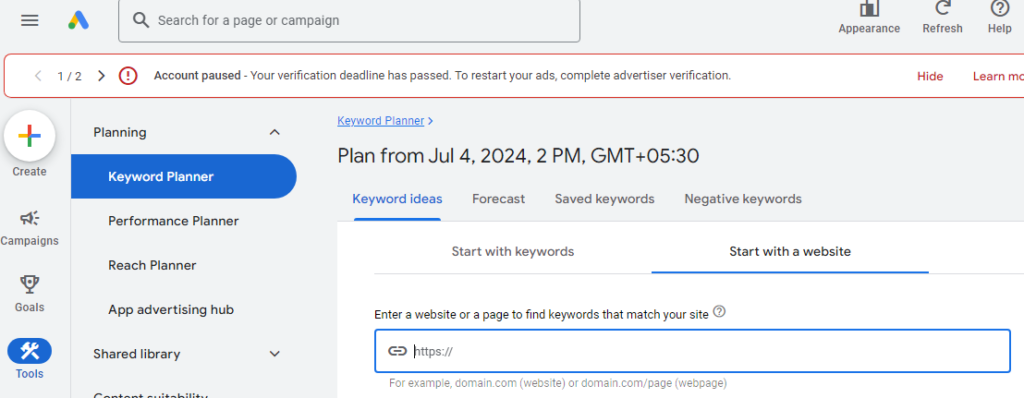
In the vast realm of digital marketing, keyword research is a pivotal practice that can catapult a website to the top of search engine results. It is the bedrock upon which successful Search Engine Optimization (SEO) strategies are built. This article will delve into the intricacies of keyword research, elucidating its significance, methodology, and impact on website visibility.
Understanding Keyword Research
Keyword research involves identifying the terms and phrases that people use when searching for information online. These keywords are the connectors between a user’s query and the content on your website. By targeting the right keywords, businesses can ensure that their content aligns with what potential customers are searching for, thereby driving relevant traffic to their site.

The Importance of Keyword Research
Effective keyword research is indispensable for several reasons. Firstly, it enhances visibility. By incorporating relevant keywords into your content, you increase the likelihood of appearing in search engine results pages (SERPs).
Secondly, it drives targeted traffic. When your content matches the search intent of users, they are more likely to visit your site and engage with your offerings.
Lastly, it aids in understanding market trends. Keyword research provides insights into what your audience is interested in, allowing you to tailor your content and marketing strategies accordingly.

Types of Keywords
Keywords can be categorized into several types, each serving a unique purpose in the SEO landscape. Short-tail keywords are brief and broad, usually consisting of one or two words. They have high search volumes but are highly competitive Keywords.
Long-tail keywords, on the other hand, are longer and more specific. Although they have lower search volumes, they often attract highly targeted traffic and have less competition.
There are also LSI (Latent Semantic Indexing) keywords, which are related terms that help search engines understand the context of your content. Understanding these types of keywords and their strategic application is crucial for effective SEO.


The Process of Keyword Research
Brainstorming: Start by listing down potential keywords related to your niche. Think about what your audience might search for and consider various terms and phrases.
Using Keyword Tools: Leverage keyword research tools like Google Keyword Planner, SEMrush, or Ahrefs to expand your list. These tools provide data on search volume, competition, and keyword suggestions.
Analyzing Competitors: Examine the keywords your competitors are ranking for. This can reveal opportunities and gaps in your own keyword strategy.
Evaluating Keywords: Assess the potential keywords based on search volume, competition, and relevance. Prioritize those that align closely with your content and have a balance between search volume and competition. Implementing Keywords: Integrate the chosen keywords naturally into your content.
Ensure that they fit seamlessly into your titles, headings, meta descriptions, and body text.
Common Mistakes in Keyword Research
Despite its importance, many fall into common pitfalls during keyword research.
Overstuffing keywords, a practice known as keyword stuffing, can lead to penalties from search engines. Focusing solely on high-volume keywords while ignoring long-tail variations can result in missed opportunities for attracting targeted traffic.
Additionally, neglecting to update and revise your keyword strategy can render it obsolete as market trends evolve. Avoiding these mistakes is essential for maintaining an effective SEO strategy.
Tools for Keyword Research
Several tools can simplify and enhance the keyword research process.
Google Keyword Planner is a free tool that offers valuable insights into search volumes and keyword suggestions.
SEMrush provides comprehensive data on keyword performance and competitor analysis.
Ahrefs is another robust tool that excels in backlink analysis and keyword research.
Utilizing these tools can significantly streamline your keyword research and improve your SEO outcomes. The Impact of Keyword Research on Content Strategy
Keyword research profoundly influences content strategy.
By identifying the terms your audience uses, you can create content that addresses their needs and queries. This not only improves your chances of ranking higher in search results but also enhances user engagement. Content that resonates with your audience is more likely to be shared, linked to, and referred back to, amplifying its reach and impact.
Keyword research is an art and science that requires a blend of creativity and analytical thinking. It is the cornerstone of effective SEO, guiding the creation of content that aligns with user intent and search engine algorithms. By mastering keyword research, businesses can enhance their online visibility, attract targeted traffic, and stay ahead in the competitive digital landscape.



